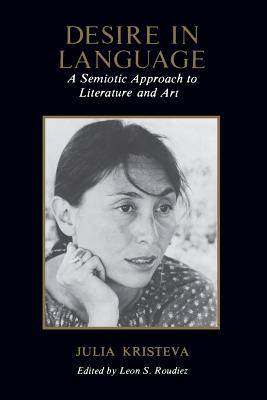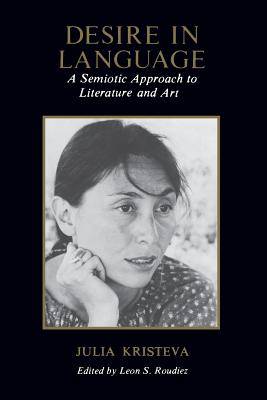
- Retrait gratuit dans votre magasin Club
- 7.000.000 titres dans notre catalogue
- Payer en toute sécurité
- Toujours un magasin près de chez vous
- Retrait gratuit dans votre magasin Club
- 7.000.0000 titres dans notre catalogue
- Payer en toute sécurité
- Toujours un magasin près de chez vous
54,45 €
+ 108 points
Format
Description
Desire in Language traces the path of an investigation, extending over a period of ten years, into the semiotics of literature and the arts. But the essays of Julia Kristeva in this volume, though they often deal with literature and art, do not amount to either "literary criticism" or "art criticism." Their concern, writes Kristeva, "remains intratheoretical: they are based on art and literature in order to subvert the very theoretical, philosophical, or semiological apparatus."
Probing beyond the discoveries of Sigmund Freud, Jacques Lacan, Roman Jakobson and others, Julia Kristeva proposes and tests theories centered on the nature and development of the novel, and on what she has defined as a signifying practice in poetic language and pictural works. Desire in Language fully shows what Roman Jakobson has called Kristeva's "genuine gift of questioning generally adopted 'axioms, ' and her contrary gift of releasing various 'damned questions' from their traditional question marks."Spécifications
Parties prenantes
- Auteur(s) :
- Traducteur(s):
- Editeur:
Contenu
- Nombre de pages :
- 305
- Langue:
- Anglais
- Collection :
Caractéristiques
- EAN:
- 9780231048071
- Date de parution :
- 22-04-82
- Format:
- Livre broché
- Format numérique:
- Trade paperback (VS)
- Dimensions :
- 149 mm x 227 mm
- Poids :
- 430 g

Les avis
Nous publions uniquement les avis qui respectent les conditions requises. Consultez nos conditions pour les avis.






